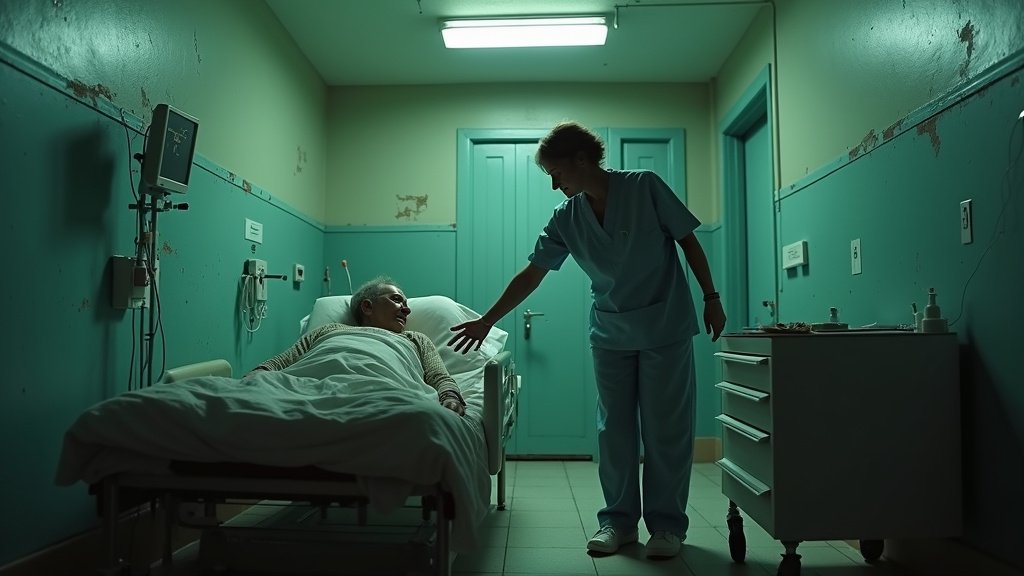Health care professionals across Oregon are sounding the alarm about potentially dangerous conditions for both patients and nurses under a new federal law. This legislation, designed to slash corporate and wealthy tax rates, imposes drastic cuts to federal Medicaid funding, amounting to over $1 trillion. Experts project that this significant reduction in resources could lead to up to 17 million Americans losing their health insurance.
Steep Cuts to Medicaid Impact Oregonians
In Oregon, where the Oregon Health Plan (the state’s Medicaid program) serves as a vital lifeline for one in three residents, the implications are particularly severe. An estimated 200,000 individuals in the state are at risk of losing their essential health coverage. This loss of insurance poses a significant danger to patients, potentially delaying or preventing necessary medical treatment, and creates immense challenges for healthcare providers who must navigate a system with fewer insured individuals.
Rural Hospitals on the Brink
The impact of these federal budget cuts is expected to be disproportionately harsh on rural hospitals. These facilities often have a high dependency on Medicaid reimbursements to sustain their operations. Currently, a staggering 44% of rural hospitals are already grappling with severe financial strain. Adding to this precarious situation, 16 rural hospitals have unfortunately closed their doors this year alone. The new legislation’s cuts are likely to exacerbate these financial pressures, potentially leading to further closures and a reduction in critical medical services.
Cascading Effects on Patient Care and Staffing
The ripple effects of reduced federal Medicaid funding are anticipated to create a cascade of negative consequences for healthcare delivery. Hospitals facing increased financial strain due to fewer reimbursements will likely see a rise in uncompensated care. This could force them to make difficult decisions, such as cutting services or, in the worst-case scenario, closing down entirely. For patients, this translates to longer travel times to access medical care, as local facilities may no longer be available or may offer a limited scope of services. Emergency rooms could become more overcrowded, further straining resources and potentially impacting the speed and quality of care.
Furthermore, these cuts are expected to worsen existing staffing shortages within the healthcare sector. Nurses and other medical professionals are already working under immense pressure, and a system struggling with financial instability and increased patient needs will only intensify these challenges. This can lead to burnout and make it harder to attract and retain qualified staff, creating a vicious cycle that compromises patient safety and quality of care.
A Glimpse of the Human Cost
The human cost of such policy decisions is starkly illustrated by the experiences of healthcare workers on the front lines. One healthcare worker, identified as Cline, shared a harrowing account of a patient suffering severe complications from a diabetic foot ulcer. This ulcer, which could have been treated effectively with timely intervention, deteriorated significantly due to delayed medical care. This case serves as a potent example of the real-world consequences that can arise when access to healthcare is hampered by funding cuts and strained hospital resources, underscoring the urgent need to reconsider the trajectory of these federal budget decisions.




